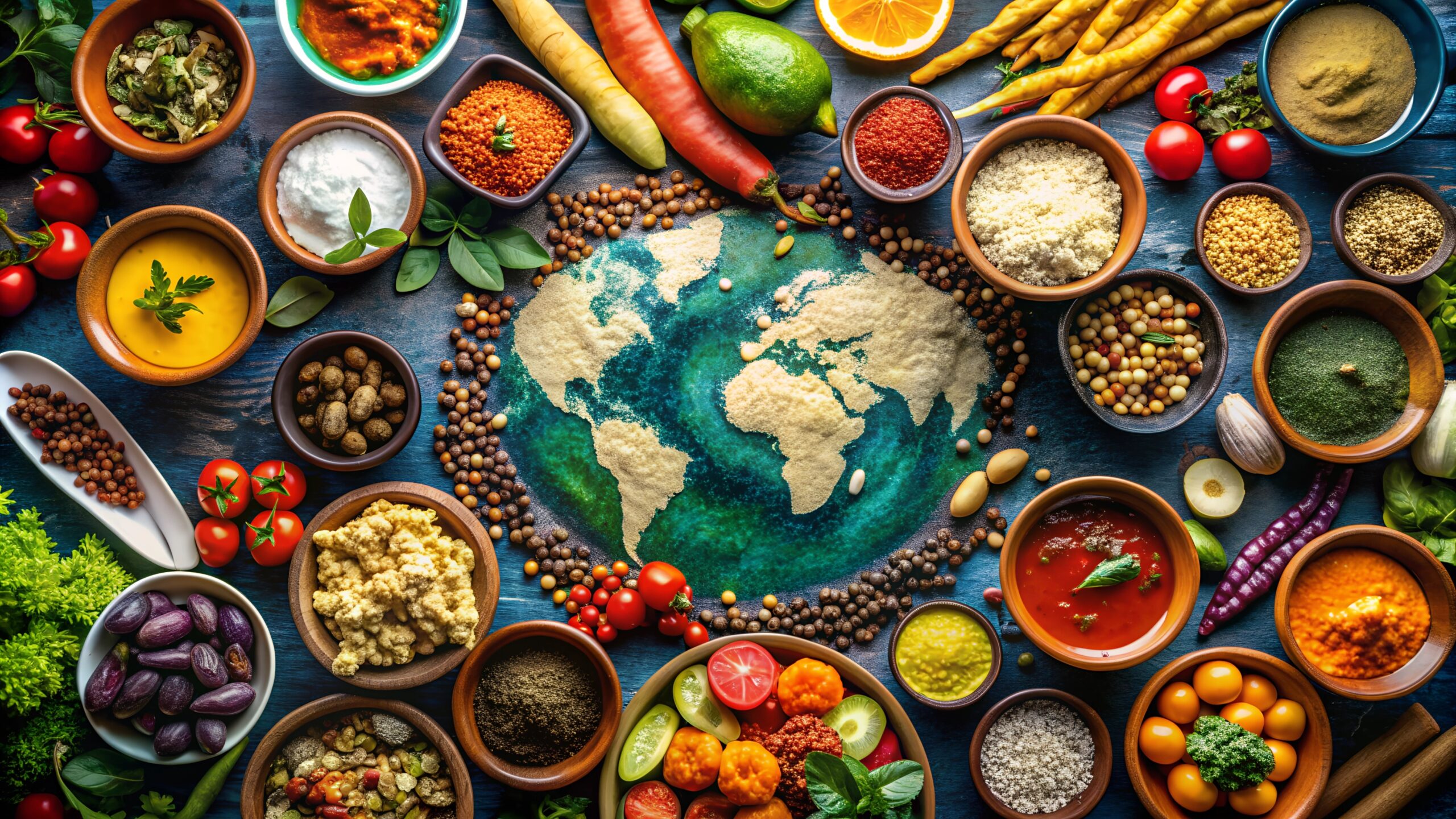Growing up in Lebanon, food was never just something we ate—it was how we connected. It was how we showed love, celebrated, mourned, and gathered. Our meals were big, filled with flavor, and always shared. Every dish had a story, every recipe was passed down, and every meal was an opportunity to bring people together. When I moved to the United States, that cultural bond through food stayed with me—and eventually became the heart of my business journey.
Carrying Culture Across Continents
When I moved from Lebanon to Kuwait, and then from Kuwait to America, I brought more than just luggage with me. I brought traditions, memories, and flavors. Even as I pursued an engineering degree at the University of Michigan, I couldn’t shake the feeling that food was my true calling. Not just because I loved to cook and eat, but because I saw food as a powerful bridge between cultures.
Opening The Sheik Restaurant in West Bloomfield, Michigan in the 1990s wasn’t just a business decision—it was a cultural expression. It was my way of sharing Lebanon with my new community. I wanted people to experience the warmth of our hospitality, the richness of our spices, and the comfort of our recipes. And they did. What surprised me was how deeply food could connect people who had never even heard of tabbouleh or kibbeh before.
Hospitality Is a Core Value
In Lebanese culture, hospitality isn’t optional—it’s who we are. You welcome guests like family, you serve them generously, and you make them feel at home. I brought that mindset into my restaurant and later into my work in the airport food and beverage industry. It didn’t matter if someone was stopping by for a quick bite or sitting down for a full meal; the goal was always to make them feel welcomed and valued.
That focus on hospitality helped my businesses stand out. Customers could taste the difference in the food, but they also felt the difference in the experience. That’s a lesson I’ve carried through every phase of my career: how you make people feel is just as important as what you serve them.
Adapting While Staying Rooted
Of course, running a business in America meant learning to adapt. Not everyone grew up eating hummus or grape leaves. Some ingredients were harder to find, and some flavors needed slight adjustments to suit a broader audience. But I never let go of the core of Lebanese cooking—fresh ingredients, bold spices, and home-cooked love.
Finding that balance between authenticity and accessibility became part of the journey. I learned that honoring your roots doesn’t mean refusing to change. It means finding new ways to express your culture in a way that others can connect with. And often, food is the best way to do that.
Food as a Business Gateway
Food also gave me my entry into entrepreneurship. While my degree was in engineering, my future ended up being in restaurants and later in airport food and beverage operations. What started as a personal passion became a platform for growth. Running a restaurant taught me discipline, leadership, and financial management. It also taught me how to listen—to customers, to staff, and to the community.
When I transitioned into the airport industry, I brought that same cultural mindset with me. Even in high-traffic, fast-paced environments, there was room to create meaningful food experiences. Whether it was offering Mediterranean options in a food court or improving service quality across the board, I saw every decision through the lens of culture and hospitality.
Teaching Through Taste
One of the most fulfilling parts of my journey has been seeing how food can educate. For many people, their first encounter with Middle Eastern culture might come through a plate of shawarma or a bowl of lentil soup. It opens the door to curiosity, conversation, and understanding. In today’s world, where we’re often divided by differences, food can be a common language.
I’ve had customers thank me for introducing them to new dishes. I’ve watched children try falafel for the first time and love it. I’ve seen strangers become regulars and friends. That’s the power of food—it breaks barriers, starts conversations, and builds community.
Final Thoughts
As a Lebanese-American entrepreneur, food has been at the center of my life in more ways than one. It’s been my connection to home, my expression of culture, and my path in business. But more than anything, it’s been a way to bring people together.
If you’re starting a business, especially one rooted in culture, don’t underestimate the value of staying true to who you are. Share your story. Let people taste your traditions. The world is hungry for authenticity.
Whether you’re serving a meal or starting a company, remember that your culture is your strength. And sometimes, the best way to share it is one plate at a time.
